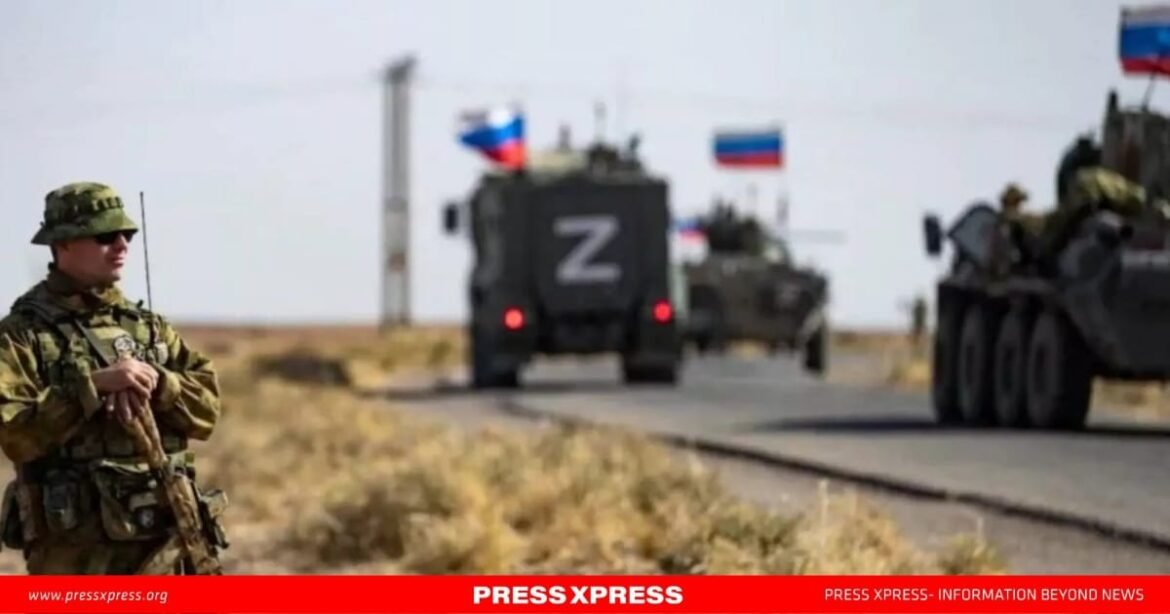Russia is repositioning its military forces in Syria, pulling back from some front-line positions and posts in the Alawite Mountains. However, it has no intention of abandoning its two main bases— Khmeimim Air Base, also known as Hmeimim Air Base in Latakia and the Tartous naval facility—despite the changing political landscape following President Bashar al-Assad’s ousting, according to Syrian officials.
Retrenching, Not Retreating
Satellite images from last week revealed two Antonov AN-124 cargo planes, among the largest in the world, preparing for transport at the Hmeimim base. A cargo flight reportedly departed on Saturday for Libya, a Syrian security official confirmed.
Syrian military sources disclosed that Russia is scaling back its presence by withdrawing heavy equipment and senior personnel. However, a senior Syrian army officer clarified that this is not a full withdrawal but rather a tactical redeployment, aligned with the evolving situation on the ground.
“We’re seeing some equipment and high-ranking officers being sent back to Moscow, but the intent is to regroup and redeploy,” the officer told Reuters.
Bases Remain Strategic
Russia’s long-standing relationship with Syria dates back to the Cold War, with the Tartous naval facility serving as its only Mediterranean resupply hub and Hmeimim Airbase playing a pivotal role in Russian military and mercenary operations across Africa. Both bases remain critical to Russia’s global military strategy.
In 2017, Moscow secured a 49-year lease for Tartous, solidifying its presence in the region. Satellite imagery from December 9 showed Russian naval vessels, including guided missile frigates, stationed near Tartous.
Despite the political upheaval, a senior rebel official suggested that the issue of Russia’s military bases would not be addressed immediately. “This is a matter for future discussions, and the Syrian people will ultimately decide,” the official said, adding that channels of communication with Moscow have been established.
Russia’s Role in the New Syria
The ousting of Assad, who had maintained a close alliance with Moscow for decades, raises questions about the future of Russian influence in Syria. Russian President Vladimir Putin, who granted Assad asylum after facilitating his escape, continues to negotiate with Syria’s new rulers to maintain Moscow’s foothold in the country.
Meanwhile, locals near Russian bases expressed skepticism about foreign intervention. “Whether it’s Russia, Iran, or anyone else, we want no external interference,” said Ali Halloum, a resident of Jablah.
As Russian convoys move equipment along the highway between Hmeimim and Tartous, and cargo planes ferry supplies out of Syria, Moscow’s strategy appears focused on preserving its strategic interests while adapting to the country’s shifting power dynamics.
This measured pullback, analysts suggest, signals a recalibration rather than an end to Russia’s involvement in Syria.


